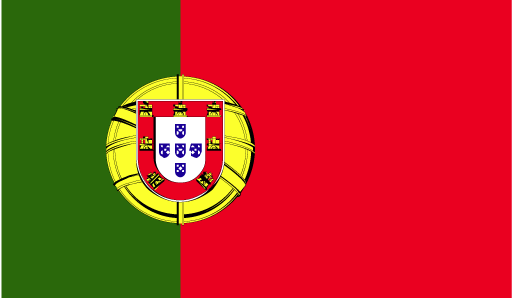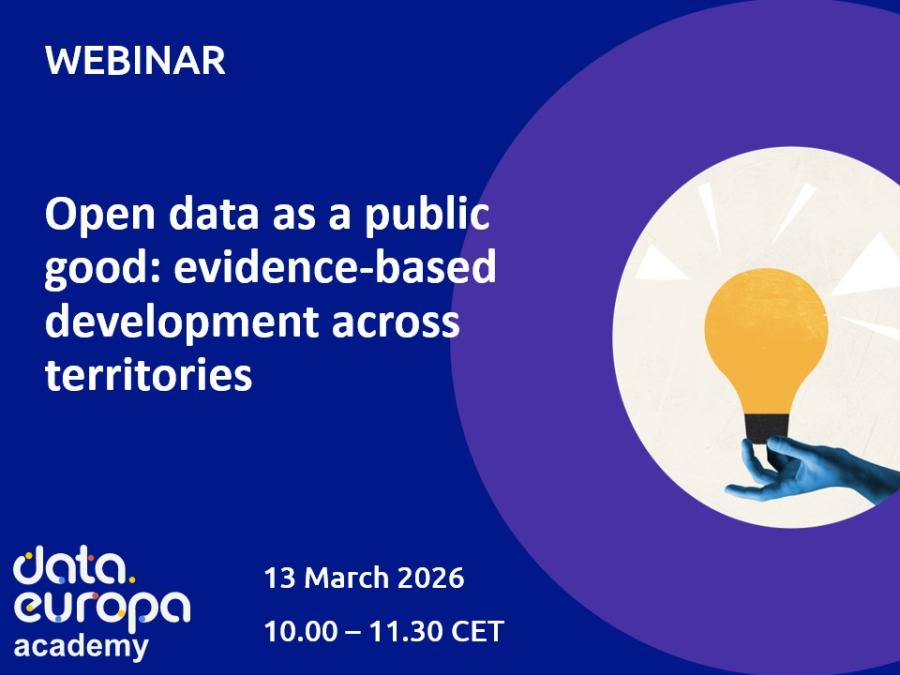Portugal
Image

Blogs from: Portugal
Skip results of view Country Insight Blogs
There are currently no Blog articles
Use cases in: Portugal
Skip results of view Use cases
The Transparency Portal aggregates health data from various entities across Portugal and makes these datasets available to the public. It aims to create transparency and increase efficiency in the national health service (NHS) and enable access to high-quality health data for institutions, citizens, and health professionals.
The Transparency Portal aggregates health data from various entities across Portugal and makes these datasets available to the public. It aims to create transparency and increase efficiency in the national health service (NHS) and enable access to high-quality health data for institutions, citizens, and health professionals.
The Transparency Portal aggregates health data from various entities across Portugal and makes these datasets available to the public. It aims to create transparency and increase efficiency in the national health service (NHS) and enable access to high-quality health data for institutions, citizens, and health professionals.
Reports in: Portugal
Skip results of view Documentation

Study
Data sharing as a service: will data services remove intellectual property rights from the picture, and at what cost?

Download
Open Data Events in: Portugal

Do you want to explore how open data can support better governance in rural areas and help policymakers respond to local needs beyond the city? Join us for the upcoming data.europa academy...
There are currently no upcoming events
Open Data News in: Portugal
Skip results of view Latest Open Data News





With close to 10 000 datasets, dados.gov is the open data portal of the Portuguese Public Administration that provides access to many different topics. As an open portal, any user can choose to upload a dataset, for personal use or from a business perspective. With this initiative, the Portuguese government wants to motivate data reuse so citizens, businesses, and researchers can leverage public data to create impactful solutions. On their portal, an extensive collection of datasets can be found, covering diverse categories such as healthcare, transportation, environment, and education. The

On Friday 16 February 2024, from 10.00 to 11.30 CET, the data.europa academy hosted the webinar ‘Open data maturity 2023: best practices across Europe‘ which highlighted Slovakia's and Serbia's accomplishments in the field of open data. With nearly 600 registrants, the event underscored the growing interest and commitment to open data across the continent. An expert from data.europa.eu initiated the session by presenting the ODM results , setting the stage for in-depth country analyses. Following this introduction, the narrative shifted to Serbia . In just two years, Serbia demonstrated

On 1 March 2024 , from 10:00 to 11:00 CET , our webinar on "New b usiness m odels for d ata- d riven s ervices" is set to provide fresh insights into the utilisation of open data. Th e event, building on the data.europa.eu discussion paper , aims to explore how public sector information, when made available as open data, can be purposefully re-used to creat e value for both public and private sectors . In recent years, the focus on open data has shifted towards understanding and meeting end-user needs. Th e webinar will examine the potential of open data in Europe, exploring how it can drive

This year marks the fifth anniversary of RescEU, an initiative by the European Commission that has strengthened disaster response mechanisms across Europe. Established to extend the EU Civil Protection Mechanism, RescEU embodies a deep commitment to protecting citizens from diverse disasters and managing emerging risks effectively. Since its launch in 2019, RescEU has served as a robust reserve of European capacities, fully funded by the EU. This includes a fleet of firefighting aircraft, medical evacuation planes, and critical medical supplies and field hospitals, ready to tackle health


